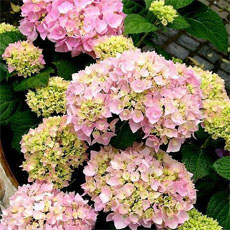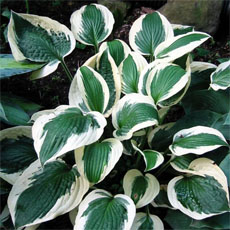Red-shouldered Hawk
Buteo lineatus
This bug has been reportedly found in the following regions:
Acton, California
Cupertino, California
Los Altos, California
Ripon, California
Sunland, California
Daytona Beach, Florida
Deland, Florida
Fort Lauderdale, Florida
Gainesville, Florida
Jacksonville, Florida
Lutz, Florida
Melbourne, Florida
Miami, Florida
Mims, Florida
Palm Coast, Florida
Ponte Vedra Beach, Florida
Sebastian, Florida
Trenton, Florida
West Palm Beach, Florida
Winter Springs, Florida
Dacula, Georgia
Tifton, Georgia
Coatesville, Indiana
Guthrie Center, Iowa
Crestwood, Kentucky
Baton Rouge, Louisiana
Saint Robert, Missouri
Lake Toxaway, North Carolina
Saint Pauls, North Carolina
Corning, Ohio
Summerville, South Carolina
Austin, Texas
Brookeland, Texas
Bulverde, Texas
Katy, Texas
Magnolia, Texas
New Braunfels, Texas
San Antonio, Texas
Walkerton, Virginia
Shelton, Washington
Skokomish, Washington
show allFeatured Videos
lightyellow
For those with birdfeeders: this species tends to specialize in catching squirrels+snakes rather than songbirds (which the Accipter genus preys on more often). I've never seen it bother my squirrel-proof birdfeeding station. Still, I believe all birdfeeders should be located near some evergreen source of cover so the birds which have been unnaturally concentrated have a place to hide/a fighting chance.

















































